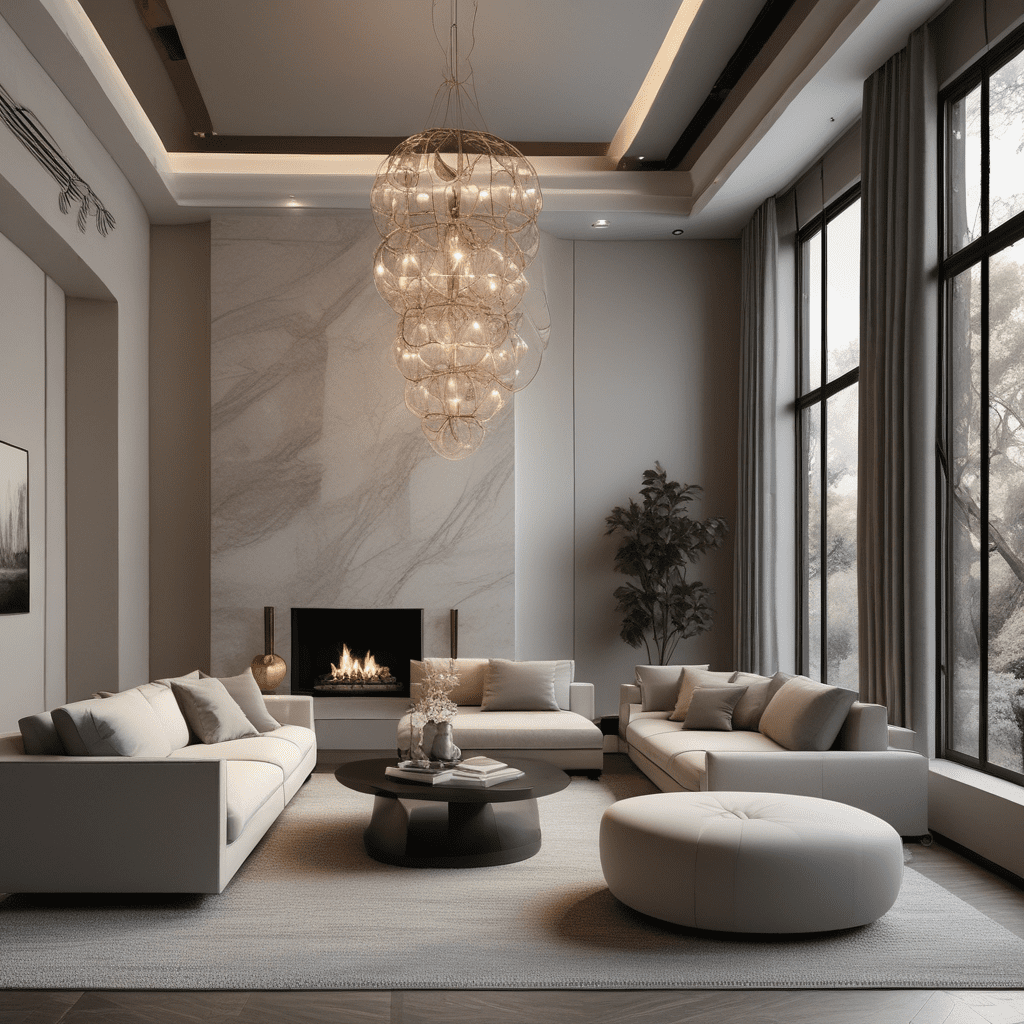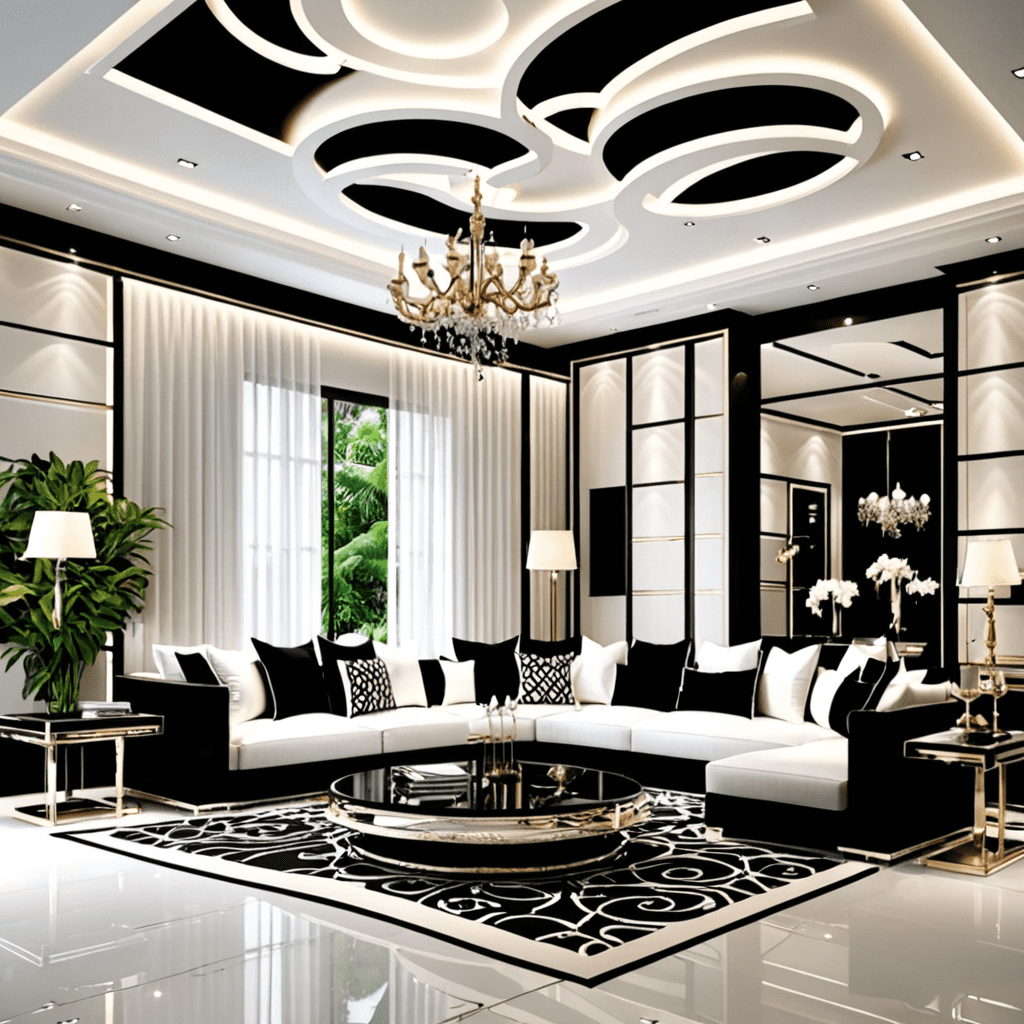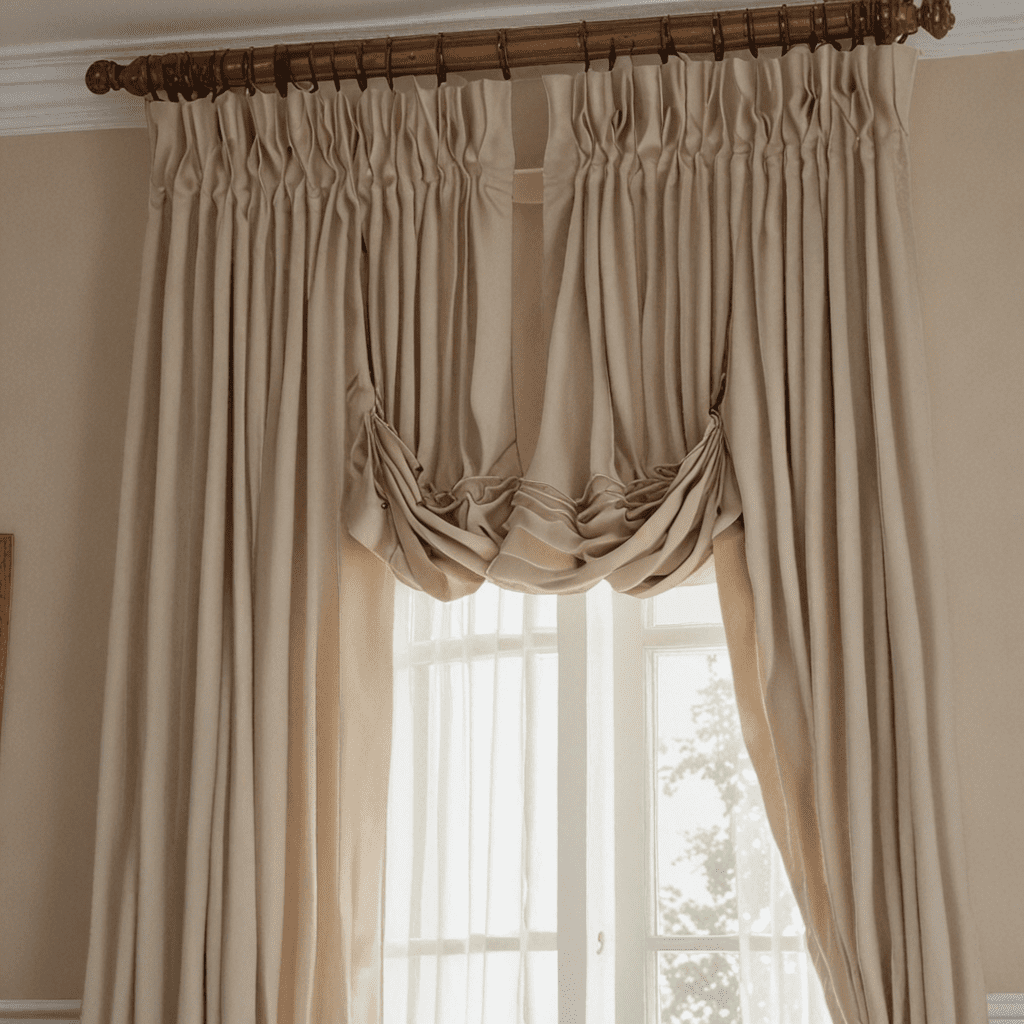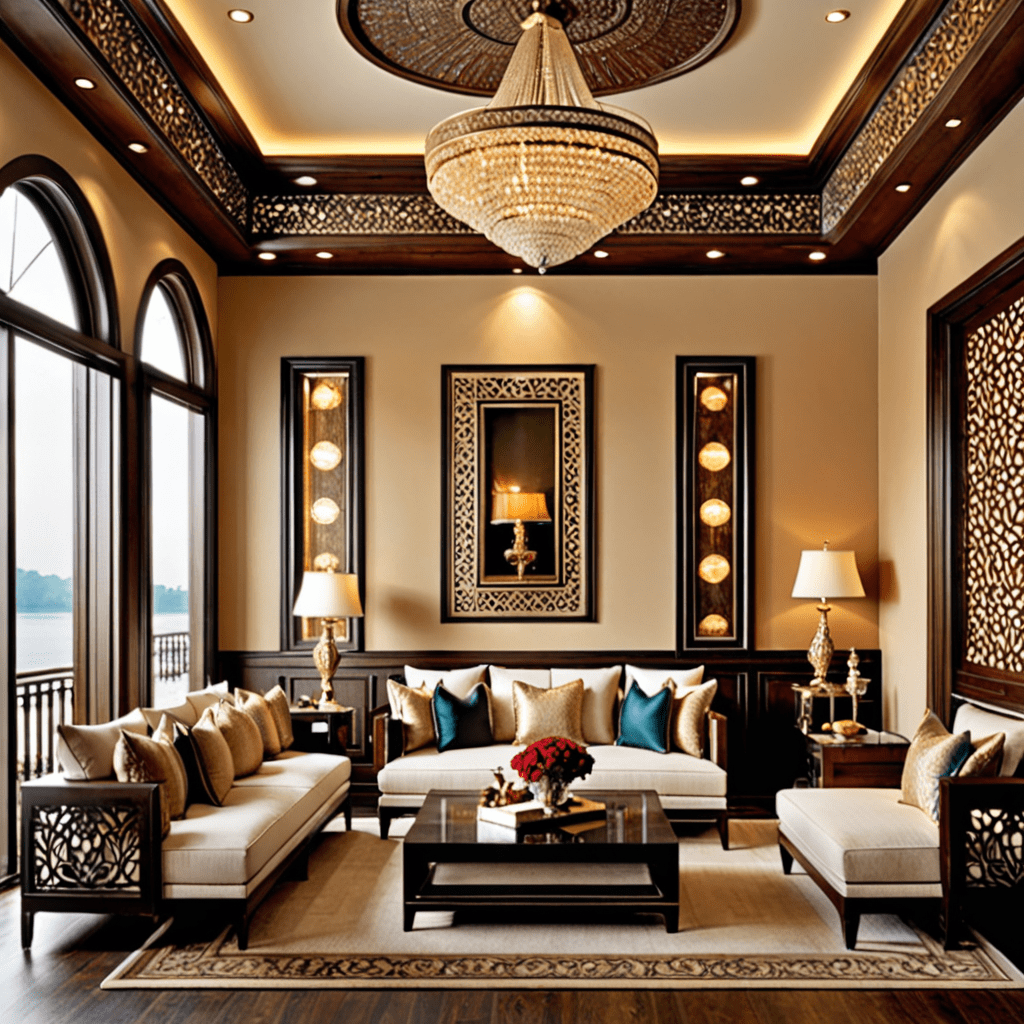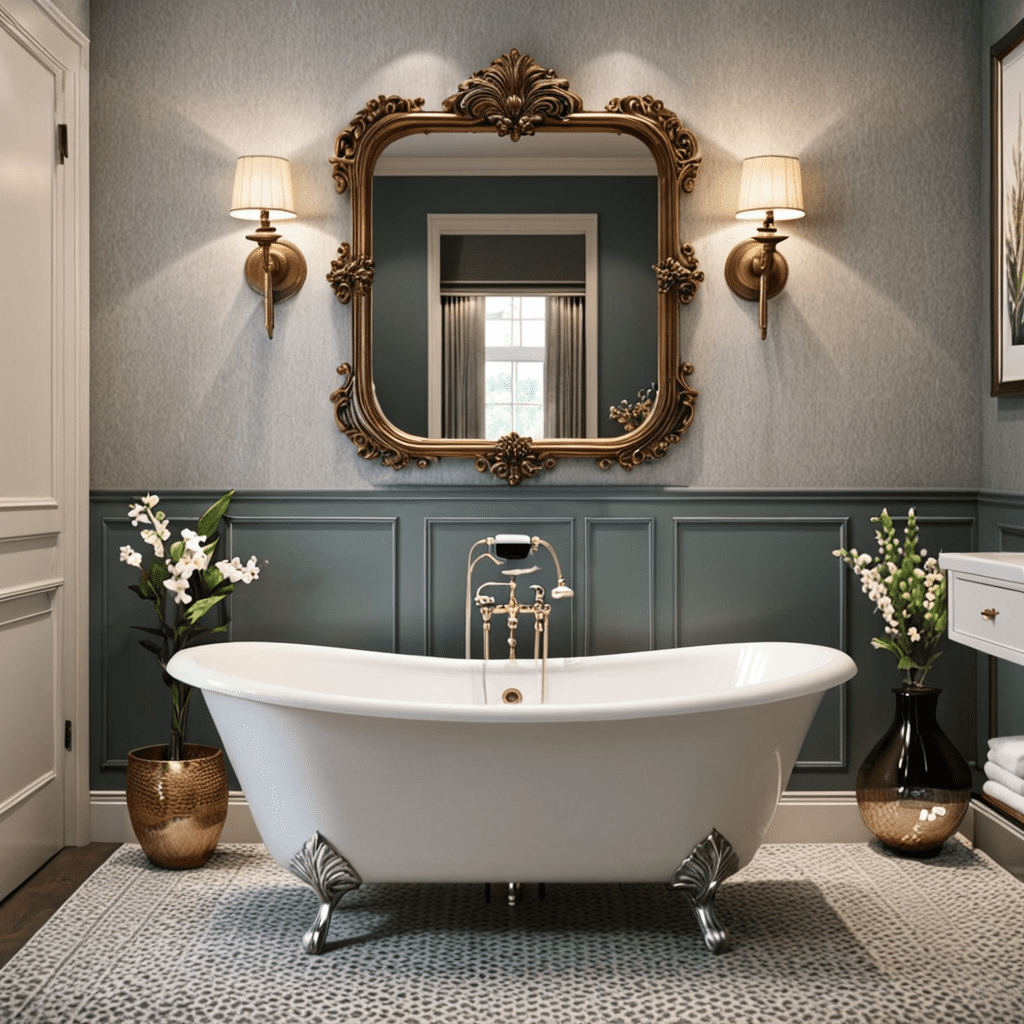Cover Letter for Interior Design: How to Stand Out
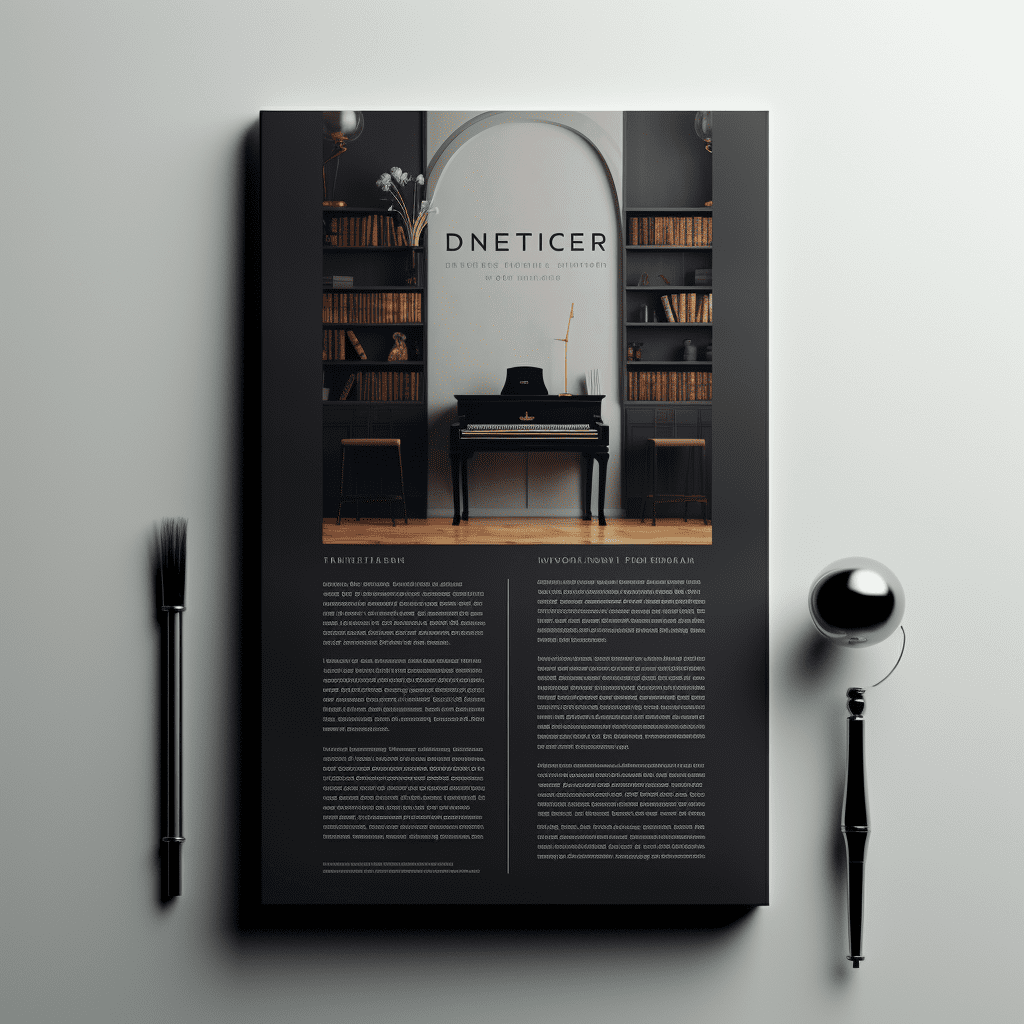

Cover Letter for Interior Design: Stand Out from the Crowd
Are you passionate about interior design and looking to land your dream job? Crafting a well-written and compelling cover letter can be a crucial step in grabbing the attention of potential employers. In this article, we’ll guide you through the process of creating a stellar cover letter that showcases your skills, experience, and passion for interior design. Whether you’re a seasoned professional or just starting out, these tips and examples will help you stand out from the crowd.
1. Introduction: A Memorable Opening
Your cover letter should begin with a strong introduction that immediately grabs the reader’s attention. Consider starting with a memorable anecdote, a unique personal statement, or a powerful statement about your passion for interior design. This will help you create a lasting first impression and make the recruiter want to learn more about you.
2. Highlight Your Skills and Experience
In the body of your cover letter, emphasize your relevant skills and experience. Highlight any specific design techniques, software proficiency, or project management experience that sets you apart from other candidates. It’s important to demonstrate that you have the necessary qualifications and expertise to excel in the role.
3. Show Your Knowledge of the Company
Research the company you’re applying to and incorporate that knowledge into your cover letter. Mention specific projects or achievements the company has had, and explain how your skills and experience align with their goals and values. This shows that you’ve done your homework and are genuinely interested in working for that particular company.
4. Tell Your Story: Your Passion for Interior Design
Use your cover letter as an opportunity to share your unique story and passion for interior design. Discuss how you became interested in the field, any relevant experiences or challenges you’ve faced, and how your passion translates into your work. By sharing your story, you humanize yourself and make a lasting impression on the reader.
5. Demonstrate Your Problem-Solving Skills
Interior design is a field that requires problem-solving skills. Use your cover letter to showcase your ability to identify problems, provide creative solutions, and collaborate with clients or team members. Employers value candidates who can think critically and find innovative solutions to design challenges.
6. Conclusion: The Final Touches
Wrap up your cover letter by summarizing your key points and reiterating your passion for interior design. End on a confident and positive note, expressing your enthusiasm for the opportunity to contribute to the company’s success. Don’t forget to include your contact information and express your willingness to discuss further in an interview.
Frequently Asked Questions (FAQ)
Q: How long should my cover letter be?
A: Ideally, your cover letter should be one page long. Keep it concise and focused on the most important information.
Q: Should I include my portfolio in my cover letter?
A: It’s best to provide a link or mention that you have a portfolio ready, but avoid attaching large files or overwhelming the recruiter with too many visuals.
Q: Can I use a template for my cover letter?
A: While using a template can be helpful for structure, make sure to personalize it and tailor it to the specific job you’re applying for. Recruiters can easily spot generic or cookie-cutter cover letters.
**Q: How can I make my cover letter stand out?
A: Highlight your unique skills and experiences, demonstrate your passion for interior design, and show a strong understanding of the company you’re applying to. A well-written and personalized cover letter will make you stand out from other candidates.
Q: Is it necessary to write a cover letter for every job application?
A: While it’s not always required, writing a cover letter demonstrates your dedication and interest in the position. It’s a chance to provide additional context and present yourself as the ideal candidate.
Q: Should I include references in my cover letter?
A: It’s best to avoid including references in your cover letter unless specifically requested by the employer. References are typically provided separately upon request.
